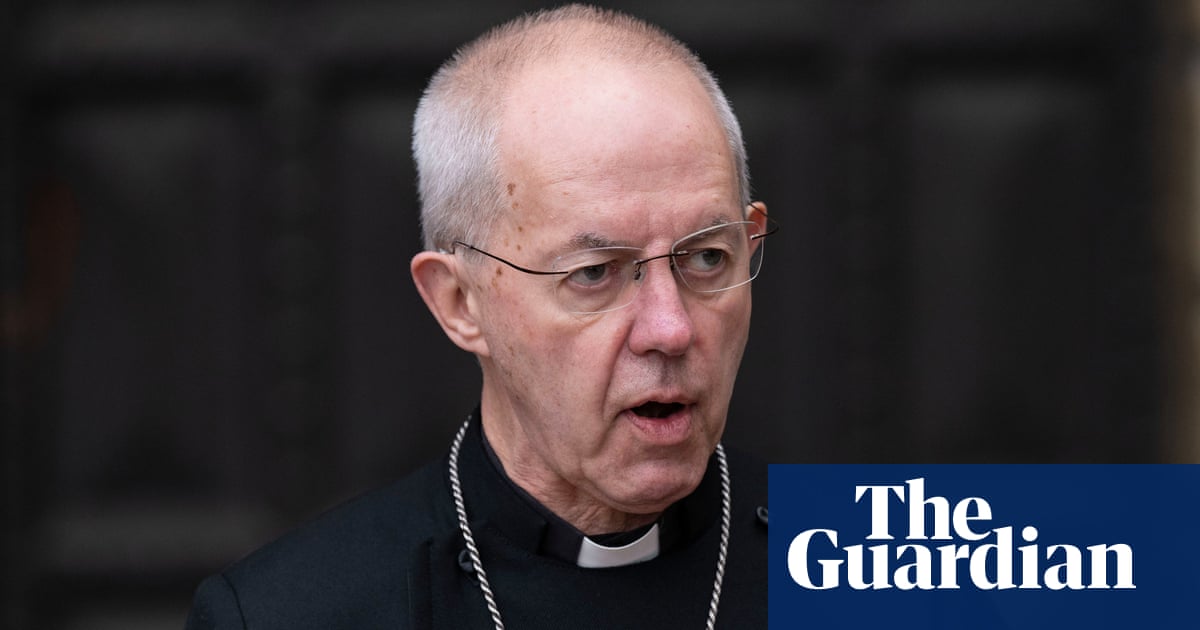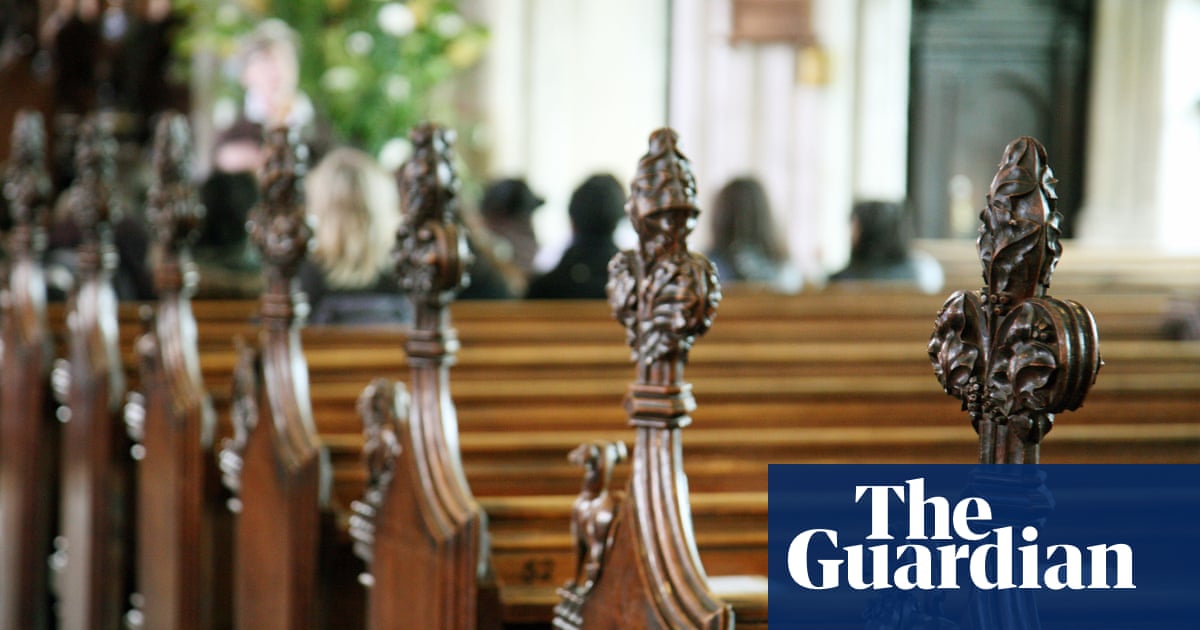
The Church of England has refuted a claim that it operated a “conveyor belt for asylum seeker fake conversions”, saying parish records disproved the eye-catching allegation.
Churches have been at the centre of a storm over “fake conversions” in the past week after it emerged that Abdul Ezedi, the Afghan man suspected of a chemical attack on a woman and two children in Clapham, was granted asylum on his third attempt after converting to Christianity. Police said on Friday that Ezedi was believed to be dead.
Suella Braverman, the former home secretary, accused “churches around the country [of] facilitating industrial-scale bogus asylum claims”.
Lee Anderson, the former Conservative party chairman, said: “The Church of England is in my opinion encouraging people to lie about their faith in order to claim asylum.”
On Thursday, a former C of E priest claimed the church was complicit in a “conveyor belt and veritable industry of asylum baptisms”. Matthew Firth, who was a priest in the north of England, told the Telegraph that about 20 asylum seekers had sought baptisms at his church to support their applications, and he believed there were “probably” thousands of asylum baptisms in the C of E.
Paul Butler, the bishop of Durham, has said Firth’s claims were “imaginative” and “some distance from reality”.
In a statement, Butler said: “Mr Firth does not offer any evidence to support these claims, however a check of the parish records quickly reveals … a total of 15 people (13 adults, 2 infants) who may have been asylum seekers have been baptised over the past 10 years. Of these, seven were baptised by Mr Firth himself.
“As priest in charge, he will have been aware of his responsibility to check the authenticity of candidates. If there was any sign of anything amiss, Mr Firth should have reported this. Had he raised any concerns at any point with senior staff … they would of course have been taken seriously and investigated. He did not do so.”
The C of E has repeatedly rejected accusations that it is complicit in “fake conversions” from Islam to Christianity among asylum seekers mainly from Iran and Afghanistan.
In response to Braverman’s article in the Telegraph that claimed refugees were “directed to these churches as a one-stop shop to bolster their asylum case”, Guli Francis-Dehqani, the bishop of Chelmsford and a refugee from Iran, said: “As a Christian leader I make no apology for our involvement in supporting people who are often deeply vulnerable and traumatised.
“But churches have no power to circumvent the government’s duty to vet and approve applications – the responsibility for this rests with the Home Office.”
Clergy “will occasionally, after careful assessment, provide statements of support to individuals seeking asylum, but it is wrong to think of this as some sort of magic ticket. The notion that a person may be fast-tracked through the asylum system, aided and abetted by the church, is simply inaccurate,” Francis-Dehqani wrote in the Telegraph.
Justin Welby, the archbishop of Canterbury, said he was disappointed at the “mischaracterisation of the role of churches and faith groups in the asylum system”.
In a statement, he said the church was “simply follow[ing] the teaching of the Bible which is to care for the stranger. It is the job of the government to protect our borders and of the courts to judge asylum cases.”
Philip North, the bishop of Blackburn, told the BBC: “The church is not the asylum authority, responsibility for asylum lies with government, and this sounds to me like a pretty barefaced attempt to outsource responsibility for a failing asylum system to the church.”
C of E guidance to clergy on the issue says priests supporting asylum applications must be prepared to provide evidence of Christian faith, including church attendance, a baptism certificate and “records of changes in behaviour”.
Those seeking baptism are usually required to attend a weekly Bible study and a one-off preparation session. “Clergy must be confident that those seeking baptism fully understand what it signifies, as an unrepeatable sacramental act of initiation which ushers an individual into the church,” the guidance says.
It offers the example of St Stephen’s with St Paul’s church, serving Hyson Green and Forest Fields in Nottingham, where “over the last three years, the vicar has baptised about 26 people a year by full immersion, nearly all of whom are asylum seekers. Baptisms are held only twice a year; if someone comes forward for baptism about a month before the next baptism service, they are usually asked to wait until the following occasion. This ensures that there is a reasonable time to get to know the candidates and the seriousness of their desire to follow Jesus.”
Last weekend, Dave Rees, an elder at Weymouth Baptist church, told the BBC that 40 refugees housed on the Bibby Stockholm barge in Portland, Dorset, were attending local churches in preparation for Christian baptism.
“Obviously we need to make sure that they believe in Jesus, they believe in the Father, the Son and the Holy Spirit, they repent of their sins and also they want to start a new life in the church,” he said.
James Cleverly, the home secretary, has ordered an investigation into how the asylum system deals with migrants who have converted to Christianity.












